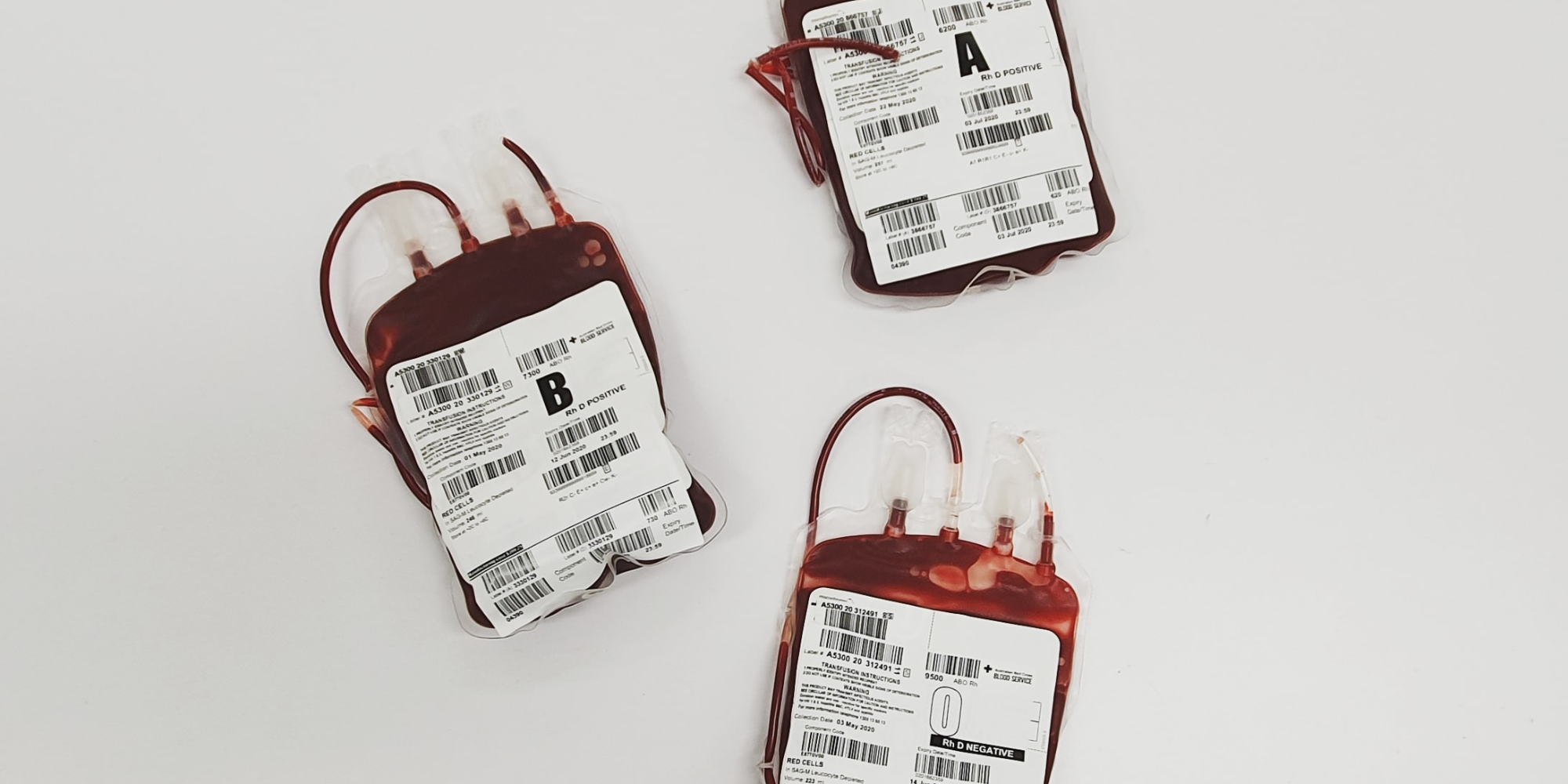British scientists have made a remarkable discovery – they have identified a new blood group system, named MAL, solving the 50-year-old mystery of the AnWj antigen, whose genetic origin had remained a mystery for more than five decades. The results of their research were published in the renowned journal Blood. This is a major advance in the field of transfusion medicine.
The new MAL system is the 47th blood group system discovered. Its identification is crucial for safer transfusions, especially for people with the rare AnWj-negative phenotype. The absence of the AnWj antigen on the surface of red blood cells can lead to dangerous complications if a patient receives blood from a donor with this antigen. Thanks to the British researchers’ discovery, it will be possible to match donor blood more precisely with the patient, minimizing the risk of adverse reactions.
The AnWj antigen was first identified in 1972, but only now has its genetic basis been established. Researchers from the National Blood and Transplant Service (NHS Blood and Transplant) and the International Blood Group Reference Laboratory (IBGRL) discovered that AnWj is related to the Mal protein, present in most humans. The discovery represents a breakthrough in understanding the complex mechanisms of blood groups and will help make transfusion procedures safer in the future.
This is a groundbreaking discovery that could change the approach to blood transfusions worldwide.








